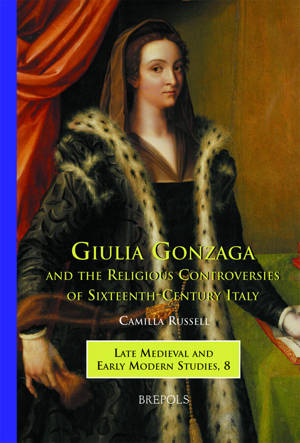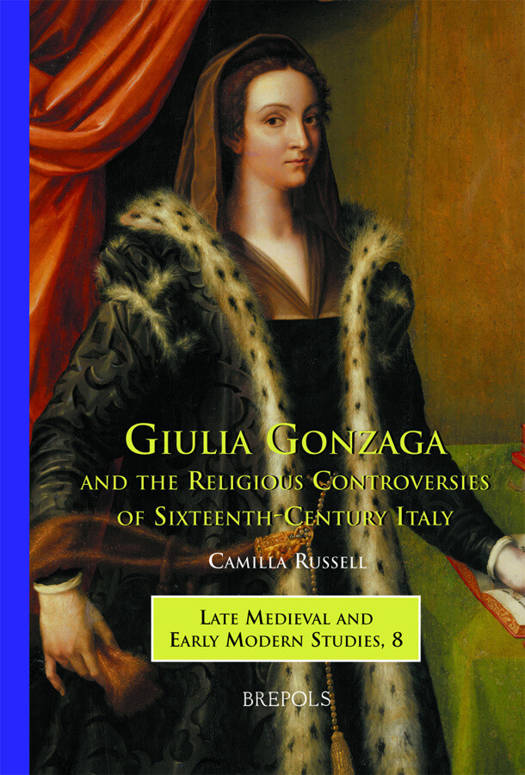
- Afhalen na 1 uur in een winkel met voorraad
- Gratis thuislevering in België vanaf € 30
- Ruim aanbod met 7 miljoen producten
- Afhalen na 1 uur in een winkel met voorraad
- Gratis thuislevering in België vanaf € 30
- Ruim aanbod met 7 miljoen producten
Zoeken
Giulia Gonzaga and the Religious Controversies of Sixteenth-Century Italy
Camilla Russell
€ 42,40
+ 84 punten
Omschrijving
Giulia Gonzaga (1513-66) was renowned throughout sixteenth-century Italy as a model of pious widowhood and of female beauty. Yet over three decades she sustained a risky friendship and personal correspondence with Pietro Carnesecchi (1508-67), the one-time papal favourite who became infamous for his heretical religious beliefs and associations. Indeed, Carnesecchi was condemned to death by the Tribunal of the Roman Inquisition, implicated in part by evidence of his correspondence with donna Giulia. This major new study traces the evolution of donna Giulia's unorthodox religious ideas and networks. Considered alongside inquisitorial trial records and contemporary religious treatises, donna Giulia's written dialogue with Carnesecchi and others, vividly reflects the religious tensions of mid-sixteenth-century Italy. Giulia Gonzaga and the Religious Controversies of Sixteenth-Century Italy details donna Giulia's important contribution to the exchange and currency of reformist ideas amongst an intellectual elite of women and men, clergy and laity that extended through the Italian peninsula and beyond.
Specificaties
Betrokkenen
- Auteur(s):
- Uitgeverij:
Inhoud
- Aantal bladzijden:
- 256
- Taal:
- Frans
- Reeks:
- Reeksnummer:
- nr. 8
Eigenschappen
- Productcode (EAN):
- 9782503518077
- Verschijningsdatum:
- 7/08/2006
- Uitvoering:
- Hardcover
- Formaat:
- Genaaid
- Afmetingen:
- 167 mm x 246 mm
- Gewicht:
- 607 g

Alleen bij Standaard Boekhandel
+ 84 punten op je klantenkaart van Standaard Boekhandel
Beoordelingen
We publiceren alleen reviews die voldoen aan de voorwaarden voor reviews. Bekijk onze voorwaarden voor reviews.







